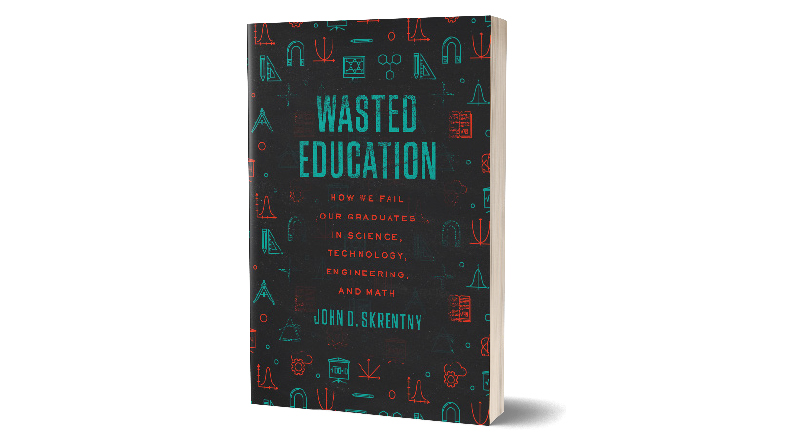Testing the waters
-
- from Shaastra :: vol 04 issue 07 :: Aug 2025

Companies are gauging how deep the AI waters are before they dive in.
Companies in India are looking at artificial intelligence (AI) with hope — and some concern. On the one hand, many view it as a silver bullet that can help increase productivity and efficiency, enhance decision-making, cut costs, drive innovation, and add new revenue streams. On the other hand, there are worries about the use of AI.
For one, it demands employees who are skilled and trained to adopt the cutting-edge technology. Executives are wondering to what extent they should embrace AI and how to reskill their workforce for AI adoption. A 2025 GenAI survey covering more than 125 senior executives across India by consultancy firm Ernst & Young (bit.ly/EY-Productivity) shows that 36% of Indian enterprises have allocated budgets and begun investing in GenAI, while another 24% are testing its potential. The report, however, also states that only 3% leaders believe that they have extensive expertise and resources for effective deployment, while 22% have not even thought about specific GenAI skill requirements.
One of the reasons for the mixed signals is that the potential of AI in various sectors varies. While AI is expected to have the greatest impact on the services sector with a higher labour share, the effect on the manufacturing sector is likely to be lower. Executives are thus watching how deep the AI waters are before they dive in. They want to know if the costs incurred on AI adoption and AI skilling of the workforce will translate into an increase in revenue. And if yes, to what degree?
Leaders are also concerned that AI adoption can increase the risks of cybersecurity, data leaks, reputational damage and the spread of misinformation.
The companies that are keen on skilling their workforce are now assessing the best way to introduce AI to their workforce for easy adoption and implementation. In this respect, a 2024 report (bit.ly/PwC-Report) by PricewaterhouseCoopers (PwC) states that business leaders should communicate with other employees on how AI adoption can benefit their company and how AI skills can benefit the workforce.
The report also recommends the need to do pilots before wider rollouts so as to navigate the uncertainties with ease and fix troublesome issues before taking the plunge. A pilot group composed of employees who are enthusiastic about AI can later act as influencers, introducing their respective teams to AI workflows. The report suggests that monitoring and rewarding adoption are other ways to enthuse employees about learning and applying AI in their daily job roles. Another study — this one by Columbia University — found that employees prefer trial-and-error-based experiential training and peer-to-peer social learning over formal training for gaining AI skills (bit.ly/Industry-Adoption).
The PwC report also suggests that one of the major barriers to AI adoption and skilling is the apprehension about accountability: what happens if something goes wrong. AIs are black box systems where data is the input, and the output is oblivious to the inner workings of how the system arrived at a particular result. This makes their results less trustworthy. Leaders are also concerned that AI adoption can increase the risks of cybersecurity, data leaks, reputational damage and the spread of misinformation. Another barrier is that a company with older employees might struggle to adopt AI as compared to a company with younger talent that adopts digital technologies more easily.
While leaders are in a dilemma, the results of another report may encourage them to take the plunge. The report (bit.ly/Empower-People) published by McKinsey in 2025 states that employees are more ready to adopt AI than the leaders think they are — and are eager to learn new skills. On the other hand, employees are three times more likely than their leaders to believe that AI will replace 30% of their work in the next year.
See also:
Course correction
The AI engine
What are the jobs of the future?
Have a
story idea?
Tell us.
Do you have a recent research paper or an idea for a science/technology-themed article that you'd like to tell us about?
GET IN TOUCH














